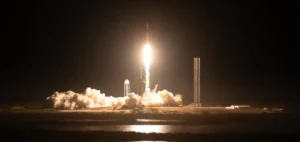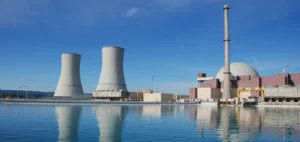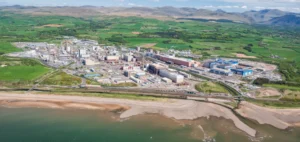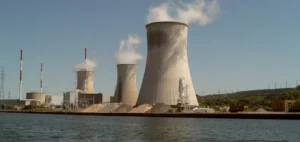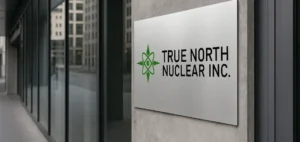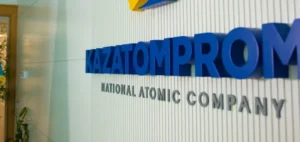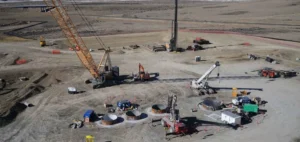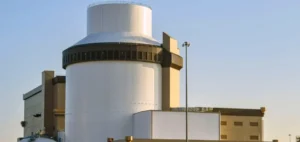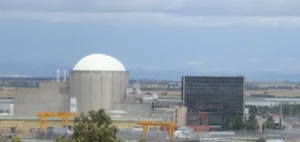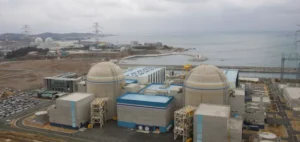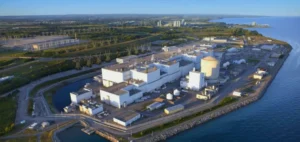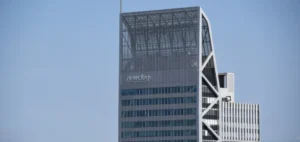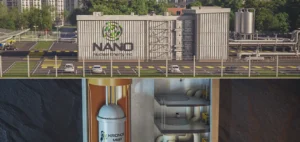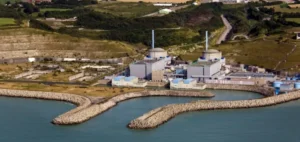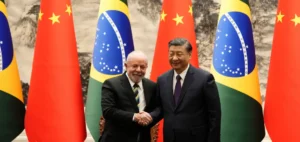The French group Orano, specialised in the uranium fuel cycle, stated on Tuesday that it is no longer able to contact its representative in Niger, following actions taken by local law enforcement at the offices of its subsidiaries in Niamey. The company expressed being “very concerned” about the situation, which has already been weakened by the loss of operational control over its Nigerien entities since the end of 2024.
Raids on mining subsidiaries
According to statements provided to Agence France-Presse, raids took place on 5 May at the offices of Somaïr, Cominak and Orano Mining Niger. Equipment is reported to have been seized by the authorities, and staff are now unable to access the premises. These operations, initially reported by Radio France Internationale, represent a further escalation in the dispute between the French firm and the Nigerien military government.
Orano noted that since the end of last year, its ability to monitor operations on the ground has been severely restricted. The company added that it has very limited visibility on local activities, with the affected subsidiaries no longer under its direct operational management.
Deteriorating relations with Niamey
Niger remains a strategic site for Orano, which holds over 60% ownership in the companies Somaïr, Cominak (closed since 2021), and Imouraren. On the latter site, where uranium reserves are estimated at 200,000 tonnes, Nigerien authorities have revoked the mining permit. The government has criticised Orano’s management, while the company has initiated two international arbitration proceedings against the state.
The firm reported that approximately 1,300 tonnes of uranium concentrate, valued at €250mn ($267mn), remain blocked at the Somaïr site with no option for export. This immobilisation is affecting the company’s logistical flows in a sector already vulnerable to geopolitical disruption.
Unstable geopolitical context
Tensions between Niamey and Paris form part of a broader strategic shift by the Nigerien junta, which is seeking to diversify its international partnerships. The military regime is increasingly engaging with alternative partners such as Russia and Iran, at the expense of long-established French operators.
Orano stated it continues to review all available information while reiterating its concern about the lack of contact with its local representative. No additional details have been disclosed regarding the potential impact on the ongoing arbitration procedures.



